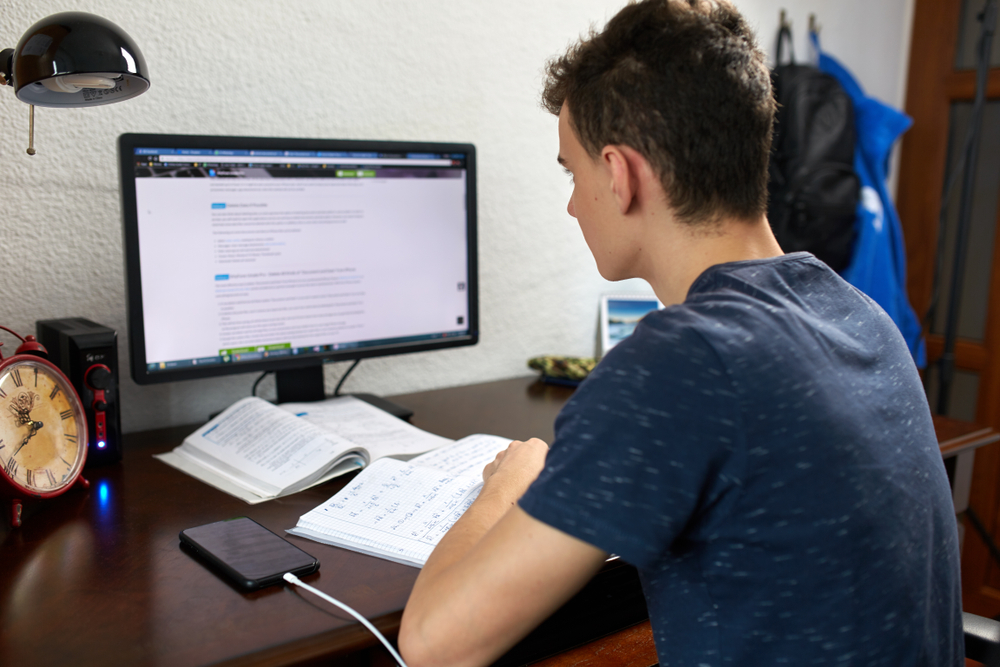 Academic struggles and poor grades are common issues many teens face, but for troubled teens, these problems can feel overwhelming. Teens dealing with learning disabilities, mental health issues, substance abuse, or demanding home environments often see their grades suffer as a result.
While bad grades are symptomatic of deeper issues, they can further damage a teen’s self-esteem and cause them to disengage from school.
Parents and educators can help troubled teens get back on track academically with care, support, and the right interventions with care, support, and the right interventions.
Academic struggles and poor grades are common issues many teens face, but for troubled teens, these problems can feel overwhelming. Teens dealing with learning disabilities, mental health issues, substance abuse, or demanding home environments often see their grades suffer as a result.
While bad grades are symptomatic of deeper issues, they can further damage a teen’s self-esteem and cause them to disengage from school.
Parents and educators can help troubled teens get back on track academically with care, support, and the right interventions with care, support, and the right interventions.
Helping Troubled Teens With Bad Grades and Academic Struggles
 Academic struggles and poor grades are common issues many teens face, but for troubled teens, these problems can feel overwhelming. Teens dealing with learning disabilities, mental health issues, substance abuse, or demanding home environments often see their grades suffer as a result.
While bad grades are symptomatic of deeper issues, they can further damage a teen’s self-esteem and cause them to disengage from school.
Parents and educators can help troubled teens get back on track academically with care, support, and the right interventions with care, support, and the right interventions.
Academic struggles and poor grades are common issues many teens face, but for troubled teens, these problems can feel overwhelming. Teens dealing with learning disabilities, mental health issues, substance abuse, or demanding home environments often see their grades suffer as a result.
While bad grades are symptomatic of deeper issues, they can further damage a teen’s self-esteem and cause them to disengage from school.
Parents and educators can help troubled teens get back on track academically with care, support, and the right interventions with care, support, and the right interventions.


Leave a Reply